Recalls in the automotive industry are not just inconvenient; they can pose severe safety risks. Over the years, numerous recalls have highlighted flaws in design, manufacturing, and even ethical decisions by automakers. This article explores some of the most significant recalls in automotive history, providing insights into the challenges faced by manufacturers and the repercussions for consumers.
Despite advancements in vehicle safety and manufacturing, recalls remain a critical issue. From mechanical defects to ethical oversights, each case reveals lessons about accountability and the importance of stringent safety measures. Let’s examine these historical recalls to understand their impact and scope.
10. Volkswagen’s Windshield Wiper Recall (1972)
Volkswagen’s iconic Beetle faced a significant setback when the National Highway Traffic Safety Administration (NHTSA) received complaints about loose windshield wipers. Affecting vehicles manufactured between 1949 and 1969, the issue impaired visibility in adverse conditions.
Although Volkswagen issued a recall and replaced parts at a nominal cost, many customers bore expenses for additional repairs. This recall underscored the need for manufacturers to prioritize safety and customer satisfaction, especially for high-selling models like the Beetle.

9. General Motors’ Engine Mount Failure (1971)
General Motors faced a major recall when defective engine mounts in 6.68 million vehicles caused safety hazards. These mounts could fail, leading to unintended acceleration and compromised braking. Reports linked the defect to 63 accidents and 18 injuries by 1971.
Despite initial resistance, GM implemented a cost-effective solution using a cable system to stabilize the engine. This incident highlighted the tension between corporate cost-saving measures and consumer safety, tarnishing GM’s once-stellar reputation.
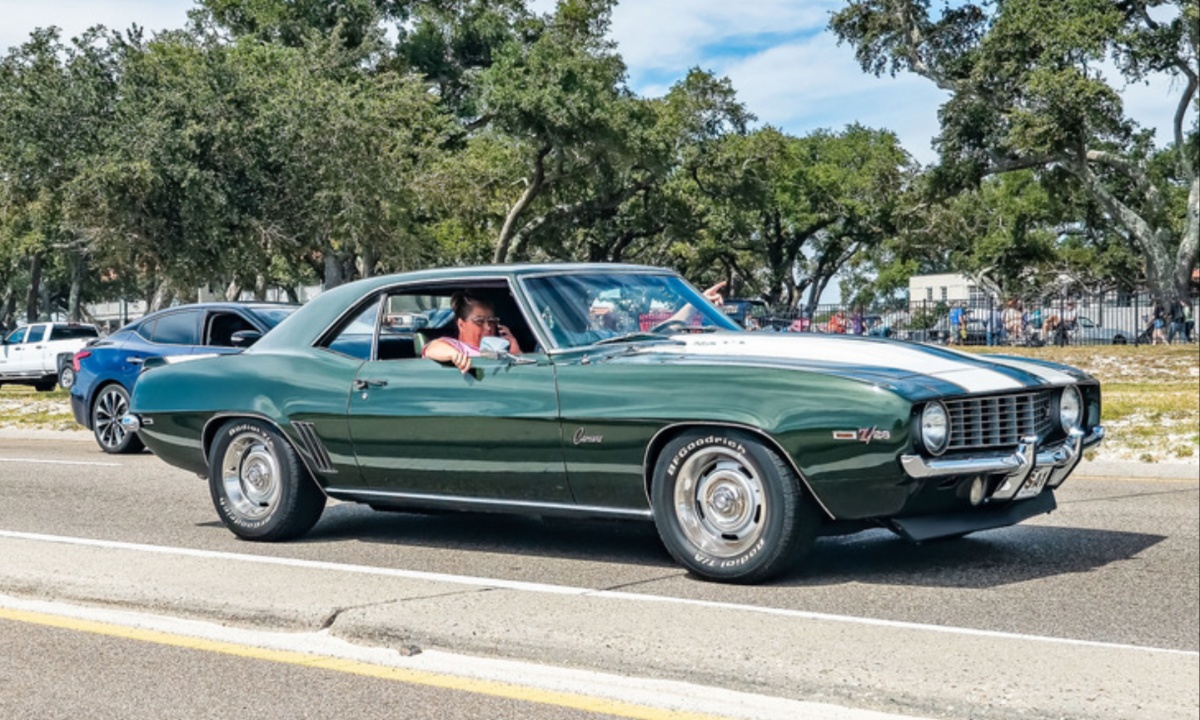
8. The Ford Pinto Tragedy (1978)
The Ford Pinto recall became infamous for its ethical implications. The car’s design made its fuel tank vulnerable to punctures during rear-end collisions, leading to fires. Internal memos revealed that Ford knew of the defect but chose not to fix it, prioritizing cost savings over safety.
After public outcry and evidence of fatalities, Ford recalled 1.5 million Pintos and modified the fuel system. This case serves as a cautionary tale about the consequences of prioritizing profit over human lives.
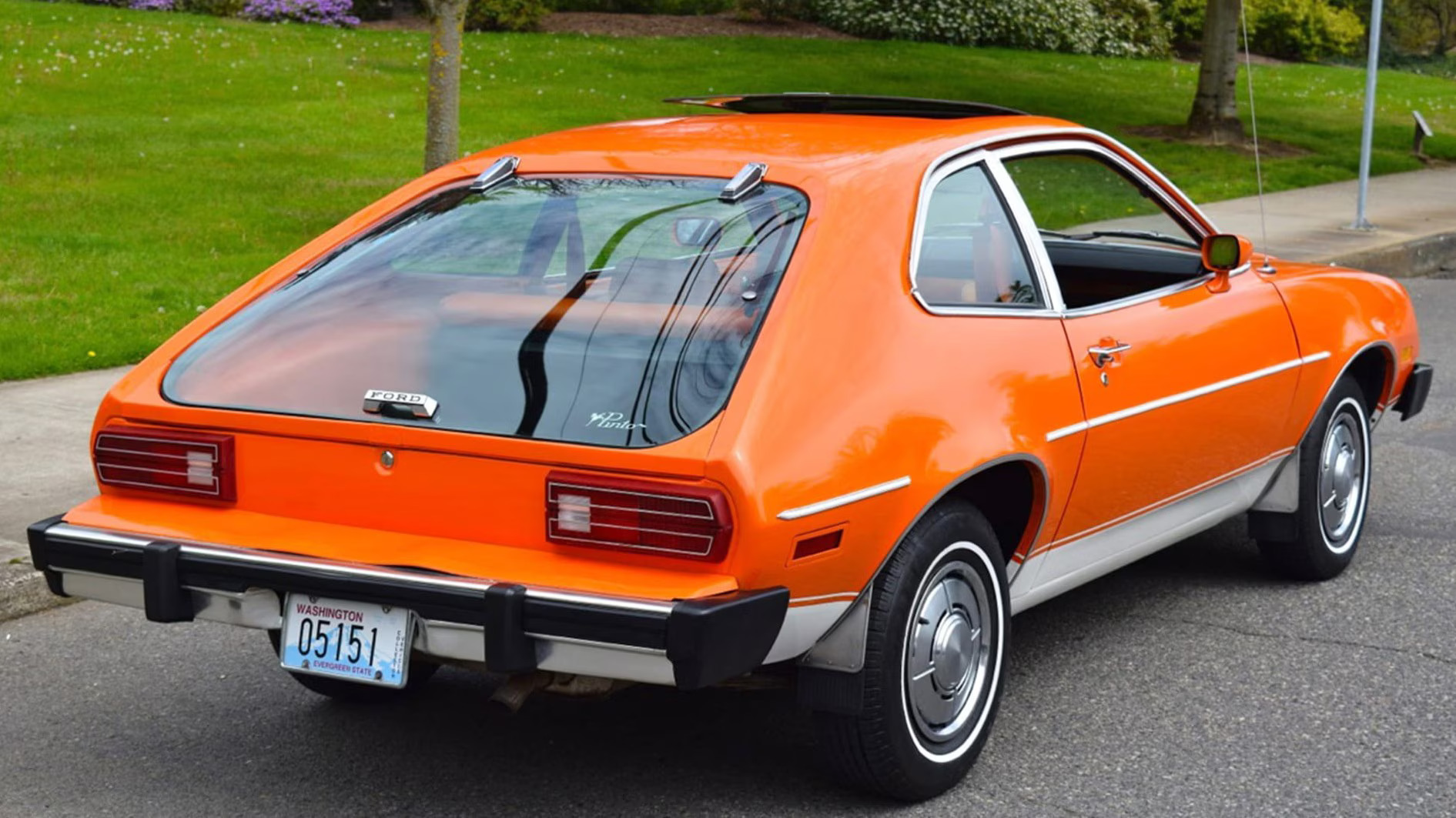
7. GM Ignition Switch Recall (2006–2014)
General Motors’ ignition switch defect resulted in the recall of nearly 30 million vehicles. This flaw could disable critical safety features like airbags, contributing to fatal accidents. Investigations revealed that GM knew of the issue but delayed addressing it.
Legal battles culminated in fines, settlements, and compensation for victims, costing GM billions. This incident reinforced the importance of timely action and transparency in handling defects.
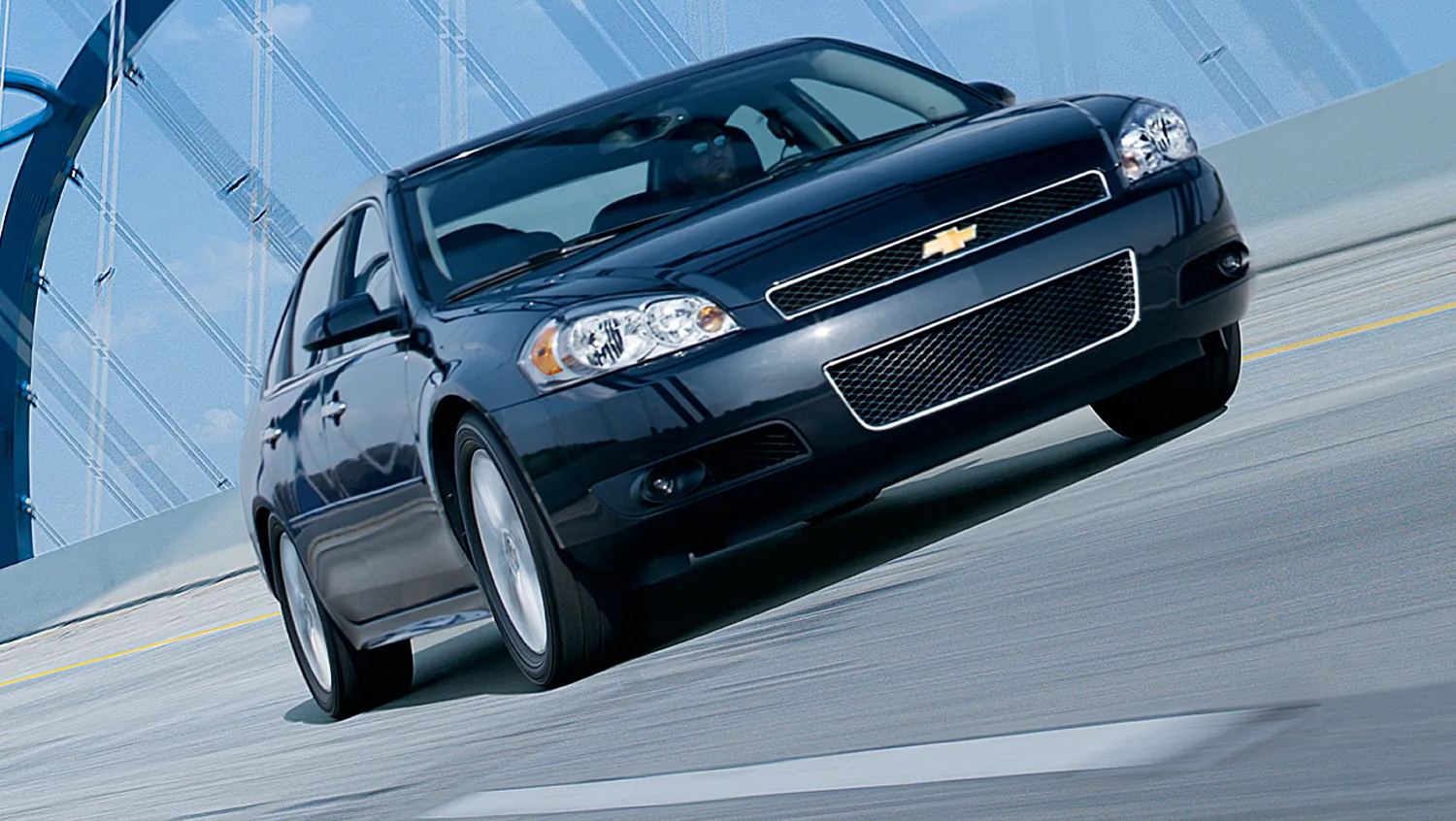
6. Toyota’s Faulty Window Switches (2015)
Toyota recalled 6.5 million vehicles globally due to window switches that could short-circuit and catch fire. A lack of grease during manufacturing led to overheating and electrical malfunctions, affecting popular models produced between 2005 and 2010.
With millions of cars impacted across North America, Europe, and Japan, this recall tested Toyota’s reputation for reliability. The swift response underscored the company’s commitment to addressing safety concerns promptly.
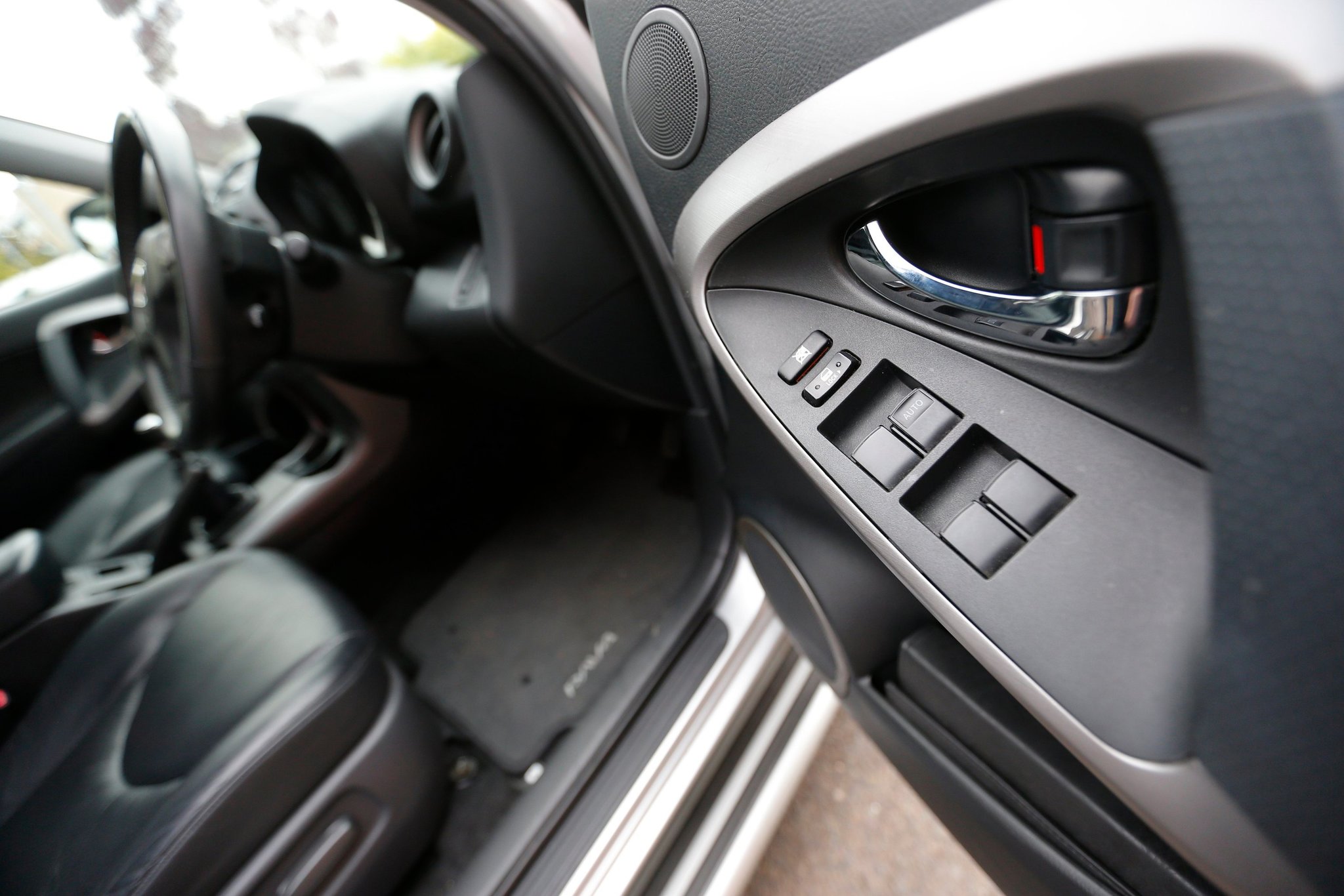
5. Volkswagen’s “Dieselgate” Scandal (2016)
The Dieselgate scandal saw Volkswagen recalling 11 million vehicles equipped with defeat devices designed to cheat emissions tests. The scandal unraveled in 2015, exposing VW’s deliberate efforts to mislead regulators and consumers.
The financial and reputational costs were immense, with the company paying billions in fines, settlements, and compensations. Dieselgate became a global symbol of corporate deception and the environmental impact of unethical practices.
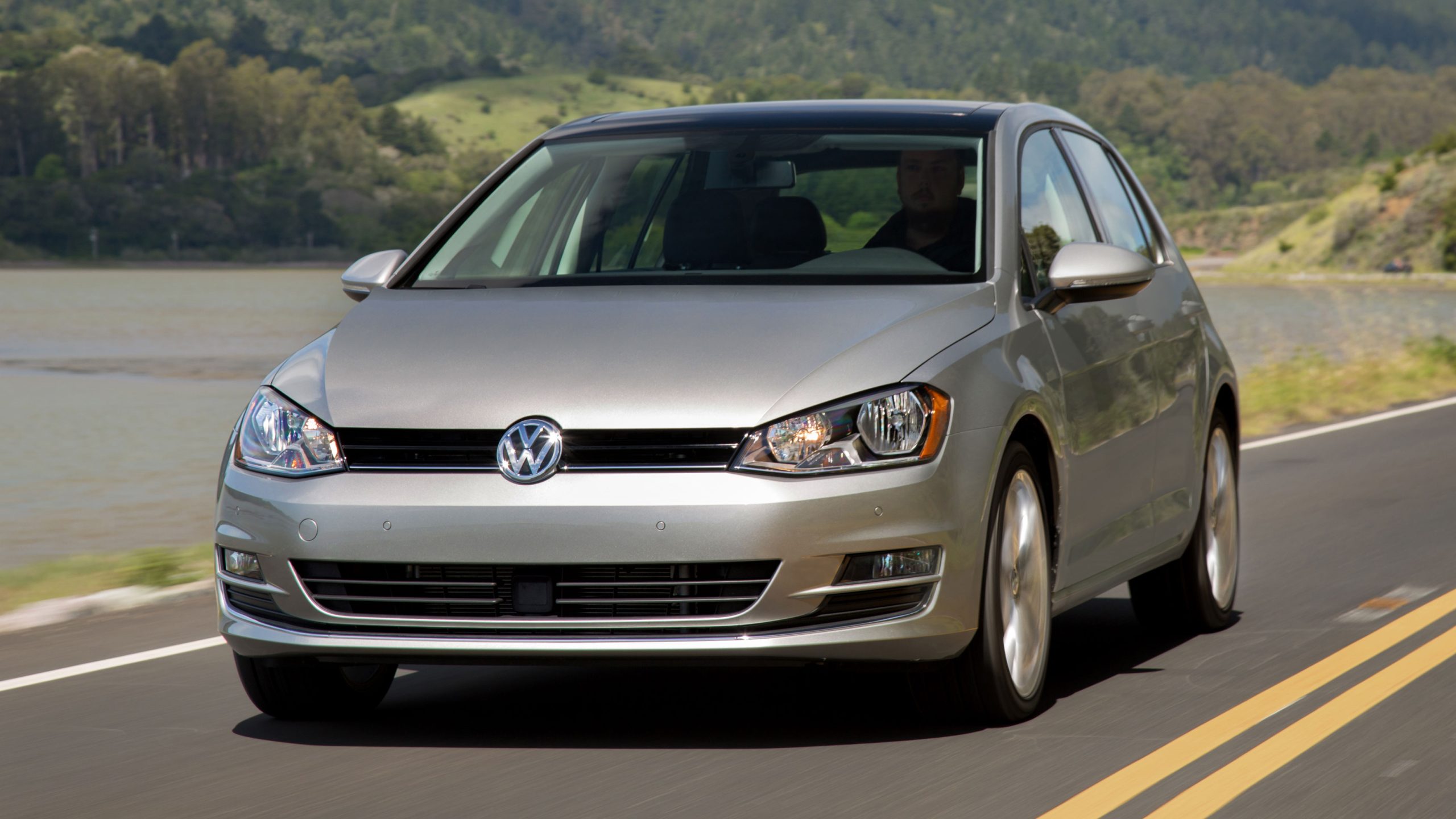
4. Toyota’s Unintended Acceleration Recalls (2009–2010)
Toyota faced widespread scrutiny after reports of unintended acceleration in its vehicles. Investigations revealed issues with floor mats, accelerator pedals, and anti-lock brake software. These defects led to multiple accidents and fatalities, prompting recalls affecting 9 million vehicles worldwide.
The company paid $1.2 billion in fines and faced lawsuits, severely damaging its reputation. This recall emphasized the importance of addressing safety concerns comprehensively and promptly.
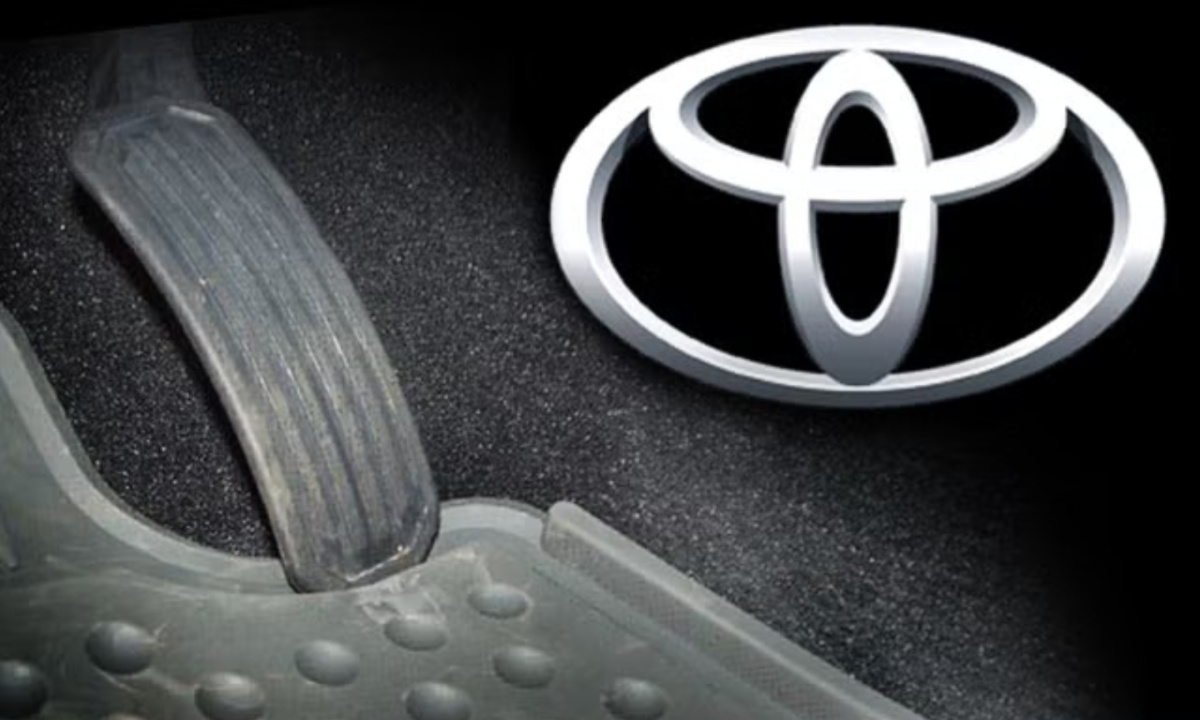
3. Ford’s Ignition Switch Fires (1996)
Ford issued one of the largest recalls in automotive history, recalling 22.7 million vehicles due to faulty ignition switches. These defects caused overheating and fires, even when the vehicle was parked. The recall included popular models like the Mustang and Explorer.
Despite spending millions on repairs, Ford faced criticism for allowing such widespread defects. This case illustrated the catastrophic consequences of manufacturing oversights on consumer trust and financial stability.

2. Ford Transmission Disaster (1980)
In what could have been the largest recall ever, Ford faced allegations of defective transmissions causing unexpected reverse gear activation. Reports linked the defect to thousands of accidents, injuries, and fatalities. However, Ford avoided a full recall by issuing warning labels to affected car owners.
While the strategy minimized costs, it left many consumers dissatisfied. The incident highlighted the ethical dilemmas companies face when balancing financial implications against public safety.
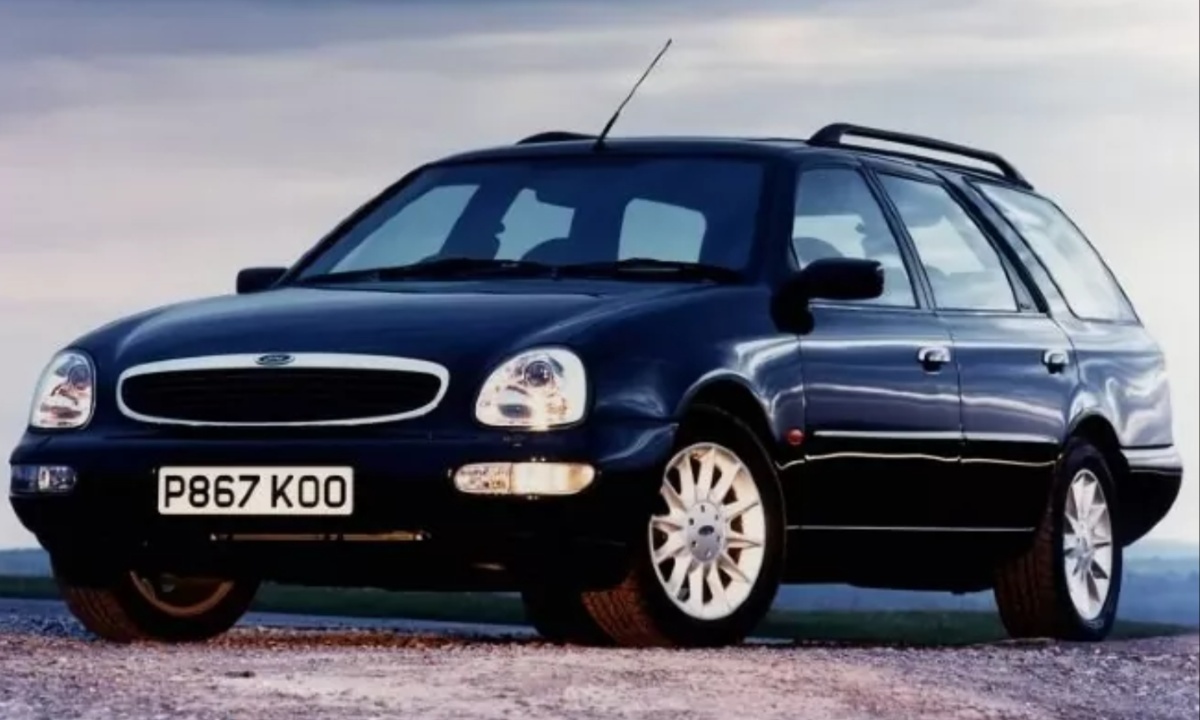
1. Takata Airbag Recall (Ongoing)
The Takata airbag defect, the largest recall in automotive history, involved faulty airbags that could explode and release shrapnel. Over 65 million vehicles were recalled globally, with cases linked to injuries and fatalities. Takata declared bankruptcy in 2017 amid mounting lawsuits and financial losses.
This scandal affected numerous automakers, tarnishing Takata’s reputation. It remains a stark reminder of the global implications of defective components and the need for rigorous quality control.

Recalls continue to challenge the automotive industry. In 2020, 30.3 million vehicles were recalled in the U.S., with 18.6 million more in the first half of 2021. The recall rate often exceeds new car registrations, highlighting persistent safety concerns.
From design flaws to manufacturing errors, automakers face increasing pressure to ensure vehicle safety. These trends underscore the importance of robust regulatory oversight and proactive defect management.
In 1986, Audi faced a public relations crisis when a CBS report falsely claimed that the Audi 5000 model accelerated unintentionally. Subsequent investigations revealed the program had manipulated tests, exonerating Audi of manufacturing defects.
Despite receiving an official apology, the damage to Audi’s reputation was severe. This case underscores the power of media narratives and the challenges of rebuilding trust after misinformation.
The used car market is rife with potential risks, from undisclosed damage to unresolved recalls. A vehicle history check can provide critical insights into a car’s past, including repairs, accidents, and outstanding recalls.
By prioritizing due diligence, buyers can make informed decisions and avoid dangerous vehicles. This proactive approach ensures safety and value for money in any car purchase.
Automotive recalls reflect both the complexity and vulnerability of modern manufacturing. While they pose challenges for automakers, they also represent an opportunity to learn and improve. Each recall highlights the need for rigorous safety standards and accountability.
For consumers, awareness of vehicle defects and recalls is crucial. Staying informed and conducting thorough checks before purchasing a vehicle can mitigate risks and enhance safety on the road. Ultimately, the lessons from these recalls serve as a reminder of the importance of integrity and vigilance in the automotive industry.

